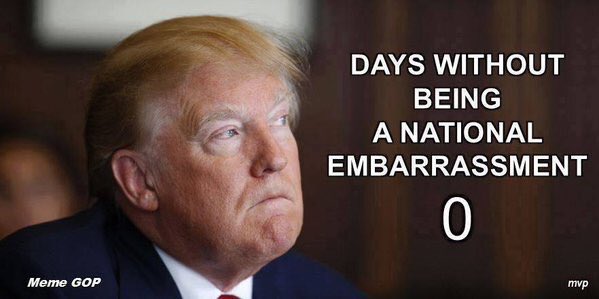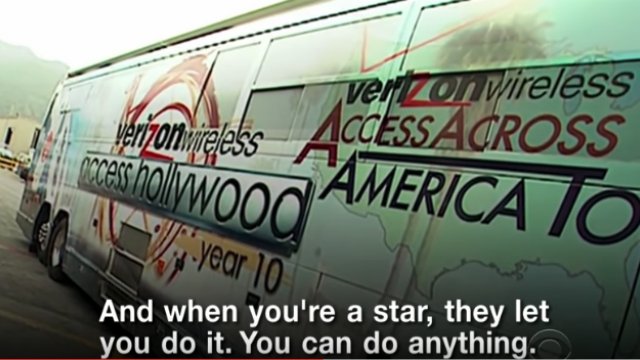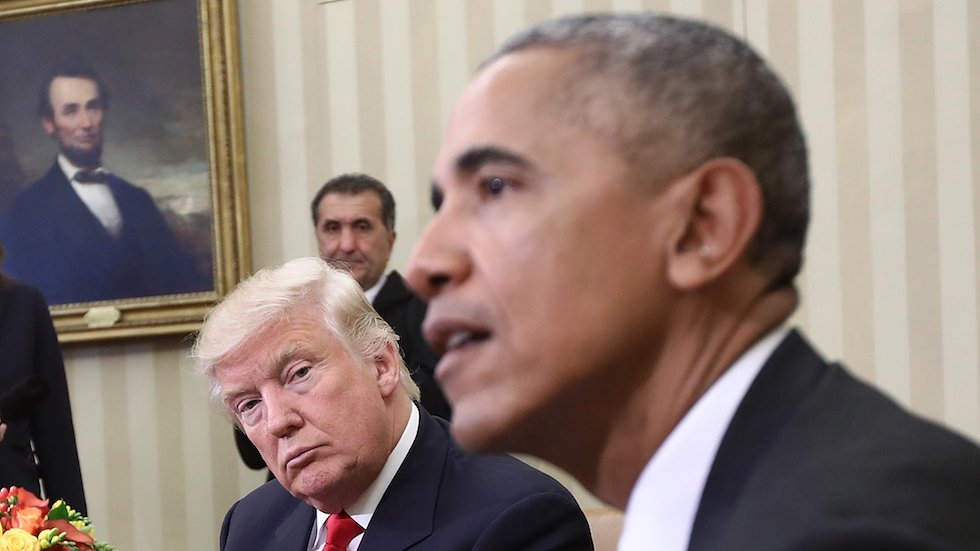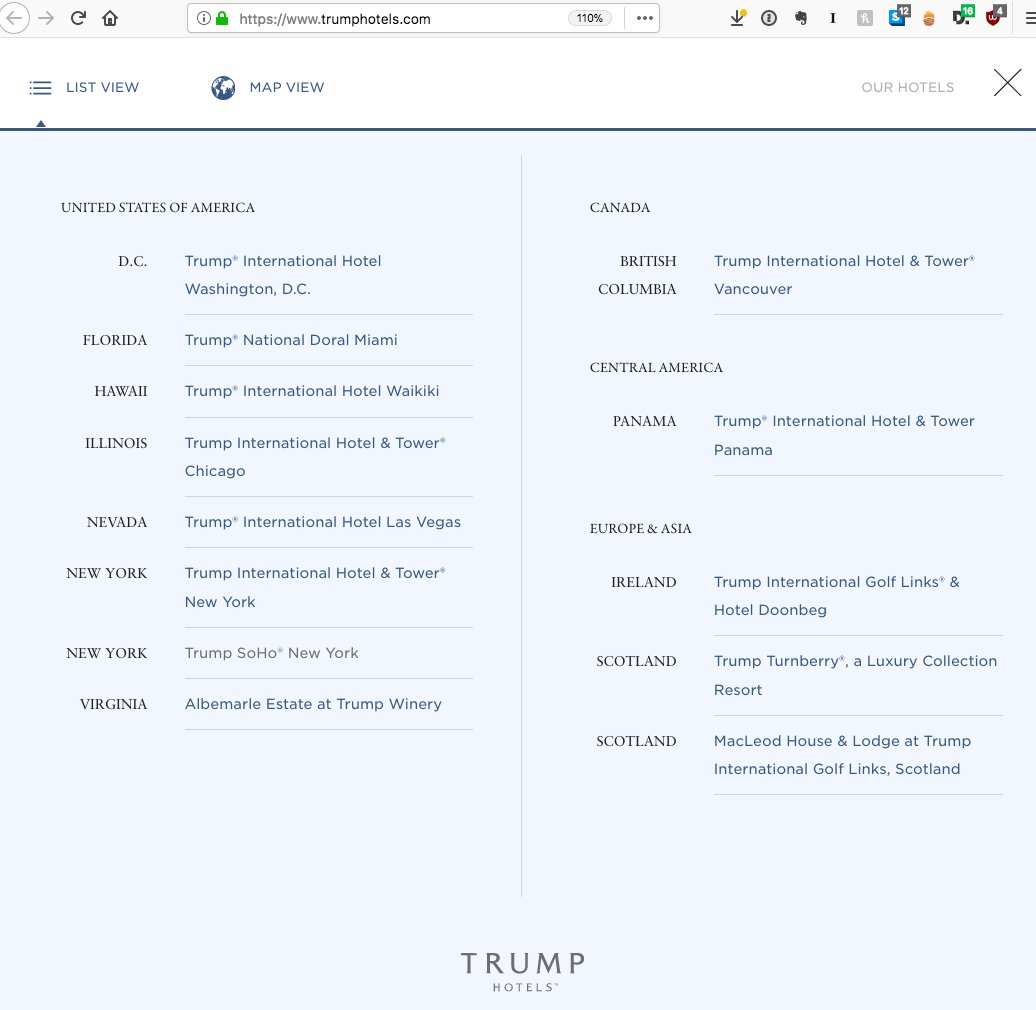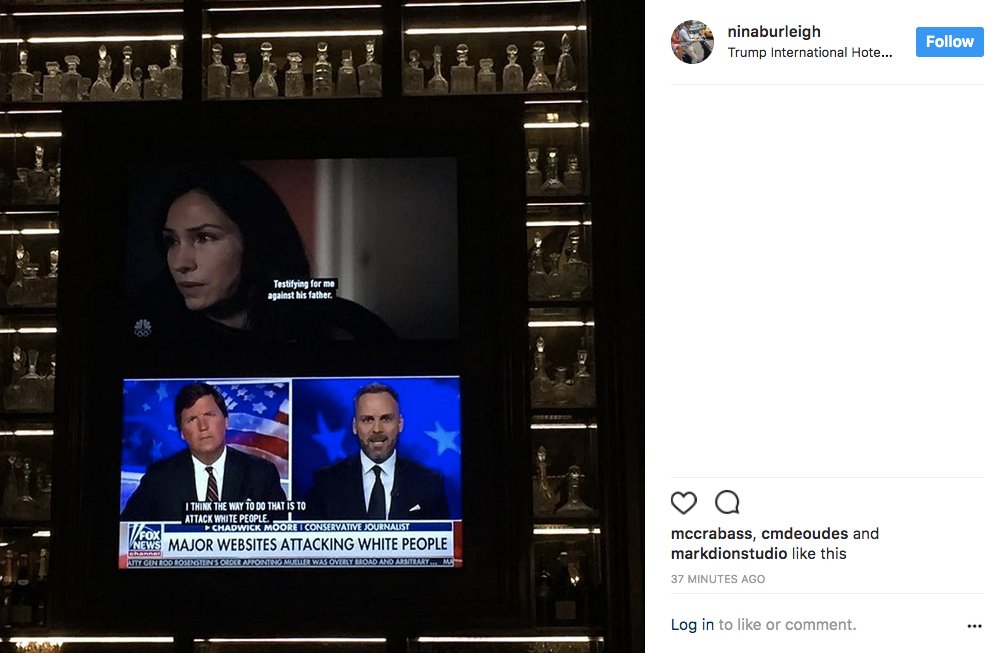I can't imagine denying the obstruction of Congress article in good faith.
Below, I shall assume that you have actually read them.
npr.org/2019/12/10/786…
Well, that's just not true.
When you press on the gas pedal, you intend for the car to move.
When you turn on the air conditioner, you intend for the room to get cooler.
Yes, this is "inference." But we do it all the time.
It's fiction.
npr.org/2019/12/10/786…
I want to describe these theories honestly, accurately, and completely--even though I disagree that these are truthful interpretations of fact.
If you were a neutral juror voting on these questions, you'd have to ask yourself, "Why did the President do these things? What was his motive? What was his intent?"
"I have this thing you need."
That's willful blindness to its context.
100% if I were a prosecutor I'd indict on that.
Much of the fact witness testimony during the impeachment inquiry hearings was to search for any contradictory or supporting signals from the President.
Trump personally took to Twitter during Yovanovich's testimony to attack her.
Trump didn't care if the investigation was successful. He cared that the investigation was PUBLICIZED.
Trump wanted to make Zelenskyy his bitch.
Please convince me.
People hide evidence that they don't want found.
Had Trump's deeds been beyond any reasonable reproach, he ought to have been eager to have made them known by the committee.
This is inconsistent with a belief of his own innocence.
The intent was to stonewall.
The facts alleged the articles of impeachment are true on their face. Including those of Trump's intent.
My conclusion has nothing to do with the fact that I don't like Trump. I'd have to reach that conclusion for Obama, or for Clinton, some other theoretical President I liked better than either of them.







